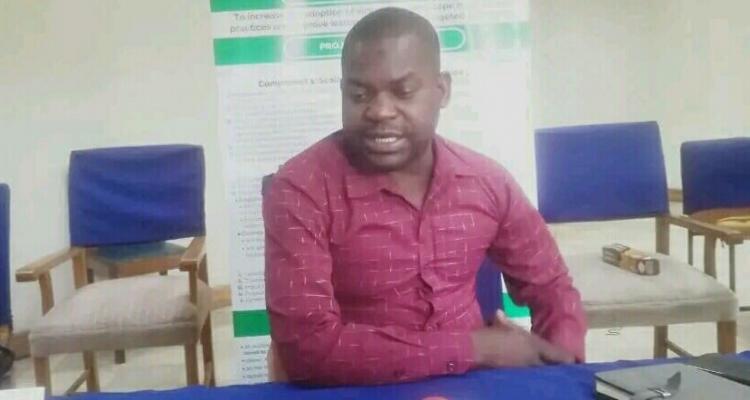
Two hundred farmer groups who are the beneficiaries of US$160 million Malawi Watershed Services Improvement Project (MWASIP) will from this month end start getting World Bank’s matching grants.
This is according to MWASIP technical team member Andrew Chamaza, who said the project is aiming at fixing watershed crisis and the severe land degradation issues in the country by providing grants to watershed management institutions.
Chamaza said MWASIP is also aimed at enabling infrastructure investments and improving climate information services among others.
He then indicated that the first round of grants disbursement will commence on October 31, 2022 which will see 37 farmer groups sharing K450 million while 15 agri-enterprises will be granted K435 million.
“MWASIP is focusing mainly on conserving catchment areas that have influence on the Shire River, from upper to middle Shire River, therefore it’s working in promoting sustainable land management practices in these catchments.
“Currently, we are providing two types of matching grants which include; matching grants targeting farmer groups and matching grants to agri-enterprises who are engaged in value addition processes across various agri-produce value chains,” said Chamaza.
Chamaza further articulated that the first core of disbursement is targeting seven districts in the southern which include Neno, Ntcheu, Blantyre, Zomba, Machinga, Balaka and Mangochi.
He added that the entire project is targeting over 200 farmer groups and 60 agri-enterprises who will be linked to complement each other in their respective agriculture value chains.
“It has to be noted that MWASIP is implemented as series of projects, currently we are implementing series number 1, and then we will have other series targeting central and northern regions,” he added.
He further said that after this first core, they will also open a platform for new applicants from both farmer groups and agri-enterprises around April next year when it is also expected to disburse grants to all the targeted groups.
The World Bank approved 157 million United States Dollars with the Malawi Government contributing 3 million United States Dollars to make the project worth 160 million United States Dollars.
Follow us on Twitter:














